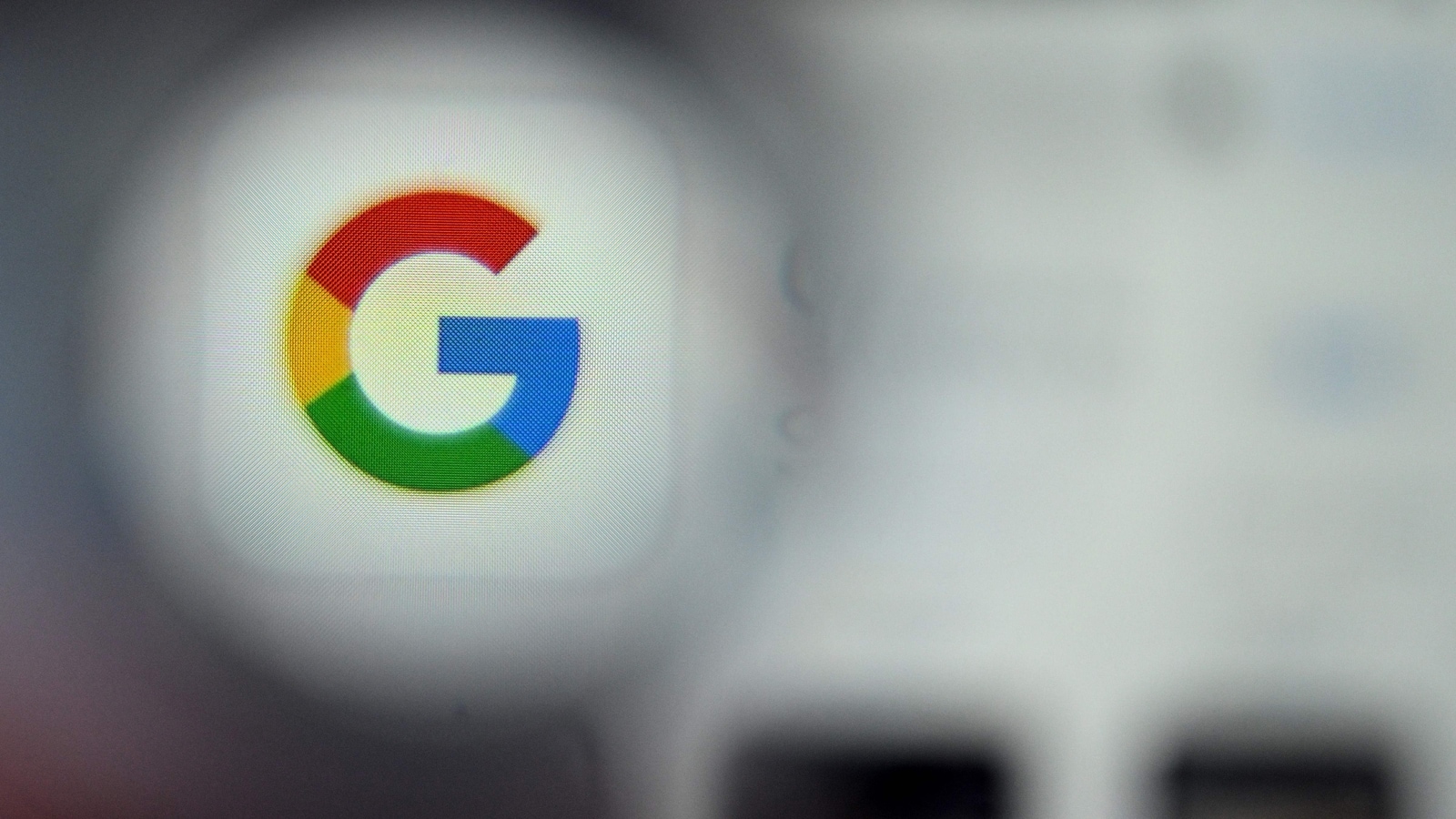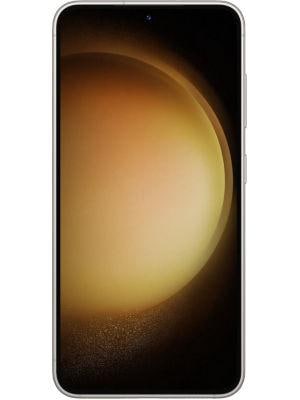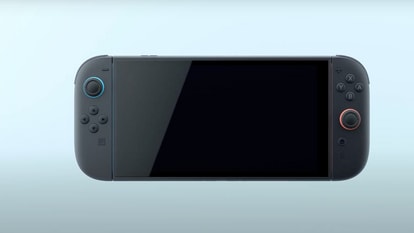Singular slaps $1.67 billion AI patent infringement case against Google
Google stands accused by Singular Computing of stealing patented AI technology for its Tensor Processing Units. Know all about the $1.67 billion case.

Google has been in the spotlight ever since the anti-trust case was first highlighted. Now, a new case has been filed against the tech giant. A Massachusetts-based company called Singular Computing has filed a $1.67 billion case against Google for stealing their patented AI technology on Tensor Processing Units (TPUs). While the case has been logged, Google says that they have developed their processor independently, while Singular Computing had many flaws in their technology. Know more about the ongoing case here.
Google accused of stealing patented AI
According to an Android Police report, the lawsuit says that Google took ideas from Singluar's patented technology for their AI-based processors. It claims that the companies had several interactions for sharing ideas which also included discussions with Singular founder Joseph Bates between 2010 and 2014. Based on the interactions and Google's new AI processor, the Massachusetts-based company sued Google for stealing their patented AI technology to develop AI features.
We are now on WhatsApp. Click to join.
Google lawyer Robert Van Nest claims that the chipset team never met with Singular founder and that the company reached out itself to share ideas and design. Nest quoted Singular Computing as “a disappointed inventor” as they have also reached out to companies like Amazon, Meta, Microsoft, and OpenAI. Additionally, the lawyer reported that Google's AI chipset is quite different than what Singular's patents are saying.
It is reported that Google's pretrial documents showed $7 billion worth of damages, however, Singular's lawyers are seeking $1.67 billion during the trial. It is alleged by Singular that the chipset's TPU which is used to carry AI features for Search, Gmail, Translate, and others has been made with Singular's patented AI technology. Now, it is expected that the trial could go on for weeks, making it another big case for Google to fight. Singular lawyers have also shown several emails between the companies that claim that Singular's tech was highly compatible with Google.
Also read the top stories:
Disturbing! An artist who shook up the cultural world with a haunting female portrait created by AI has decided she's had enough of the new technology for now. It's very addictive, she says. Know blow-by-blow account of it all here.
How will AI disrupt the world of work? Artificial intelligence raises serious concerns for jobs but it will also create new positions, says Adecco chief. "AI is probably the largest disruption and revolution that we've seen in decades," he says. Read all about it here. If you enjoyed reading this article, please forward it to your friends and family.
AI models were "highly context-dependent"! AI-powered prediction models made accurate predictions within the trial they were developed in, but gave "random predictions" outside of it, says study. Dive in here. Found it interesting? Go on, and share it with everyone you know.
Catch all the Latest Tech News, Mobile News, Laptop News, Gaming news, Wearables News , How To News, also keep up with us on Whatsapp channel,Twitter, Facebook, Google News, and Instagram. For our latest videos, subscribe to our YouTube channel.





























